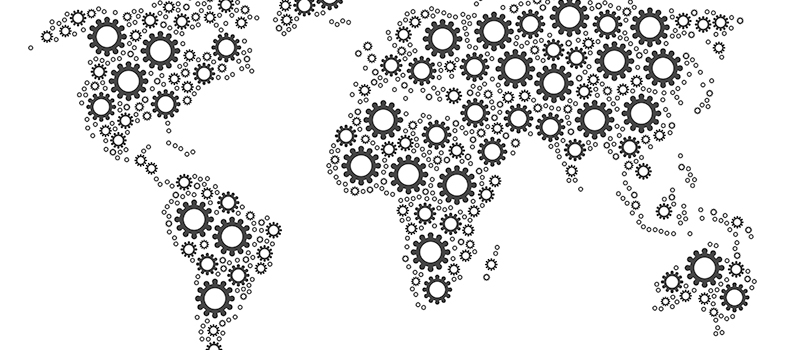Glossary
Special | A | B | C | D | E | F | G | H | I | J | K | L | M | N | O | P | Q | R | S | T | U | V | W | X | Y | Z | ALL
A |
|---|
AMR dataAny type of data collected for use in activities related to antimicrobial resistance (AMR), often collected through surveillance programmes. | |
AMR stakeholderAny person or organisation with an interest in antimicrobial resistance (AMR). Examples include patients (and patients’ groups), doctors and vets, universities, pharma companies, and civil society organisations. | |
antimicrobial use (AMU)The quantity of antimicrobial drugs prescribed or administered to an individual person or animal, or group of animals (such as a herd or flock), measured at the level of healthcare facility, farm, region or country. It is typically measured as kg of antibiotics. | |
C |
|---|
civil societyThe public space in which communities and collections of people with shared interests operate, as distinct from government and the private sector. | |
E |
|---|
executive summaryA short document or part of a document, longer than a typical abstract, that provides a detailed summary of a report or other longer document. | |
G |
|---|
genomic lineageA series of mutations that connect an ancestral genotype. | |
L |
|---|
legislatureThe legislative body of a country or state; a deliberative assembly with the authority to make laws for a political entity such as a country or city. | |
M |
|---|
Mary Poppins bagA space for useful things that contains anything and everything you might need. The reference comes from the Disney film Mary Poppins. | |
O |
|---|
One HealthA collaborative approach to healthcare and health research that recognises the interconnection between humans, animals, plants and their shared environment. | |
P |
|---|
policyA plan, course of action or set of regulations adopted by government, businesses or other institutions designed to influence and determine decisions or procedures. | |
policy briefA concise summary of an issue, written for non-experts – particularly policy-makers. It includes options and recommendations for dealing with the issue, and is backed up with data. | |
policy instrumentA linkage between policy formulation and policy implementation. This is an intervention made by government/public authorities in local, national or international economies, intended to achieve outcomes that conform to the objectives of public policy. | |
policy-makerAny individual who is tasked with formulating, deciding on or amending policy | |
policy windowA (generally short) period of time during which it is possible to influence a particular policy decision. | |
political cycleA regular cycle of events within a country or territory; between elections, for example. Policy interventions from stakeholders is likelier at some points in the political cycle – during election campaigns or before spending reviews, for example – than at others. | |
press releaseA short document written in a recognised, standard format that is sent to journalists and media organisations to (for example) publicise a discovery or make an announcement. | |
R |
|---|
ReActAn international independent network for action on antimicrobial resistance (AMR), with a strategic focus on advocacy. | |
S |
|---|
surveillanceThe ongoing, systematic collection, analysis and interpretation of health-related data essential to the planning, implementation and evaluation of public health practice. | |
Swedish International Development Cooperation Agency (SIDA)The agency responsible for organising most of Sweden’s official development assistance to developing countries. | |
W |
|---|
World Health Organization (WHO)An agency of the United Nations, established in 1948, that is responsible for international public health. Its mandate includes advocating for universal healthcare, monitoring public health risks, coordinating responses to health emergencies, and promoting human health and wellbeing. It provides technical assistance to countries, sets international health standards and guidelines, and collects data on global health issues. | |
For further information, take a look at our frequently asked questions which may give you the support you need.
If you have any concerns about anything on this site please get in contact with us here.



